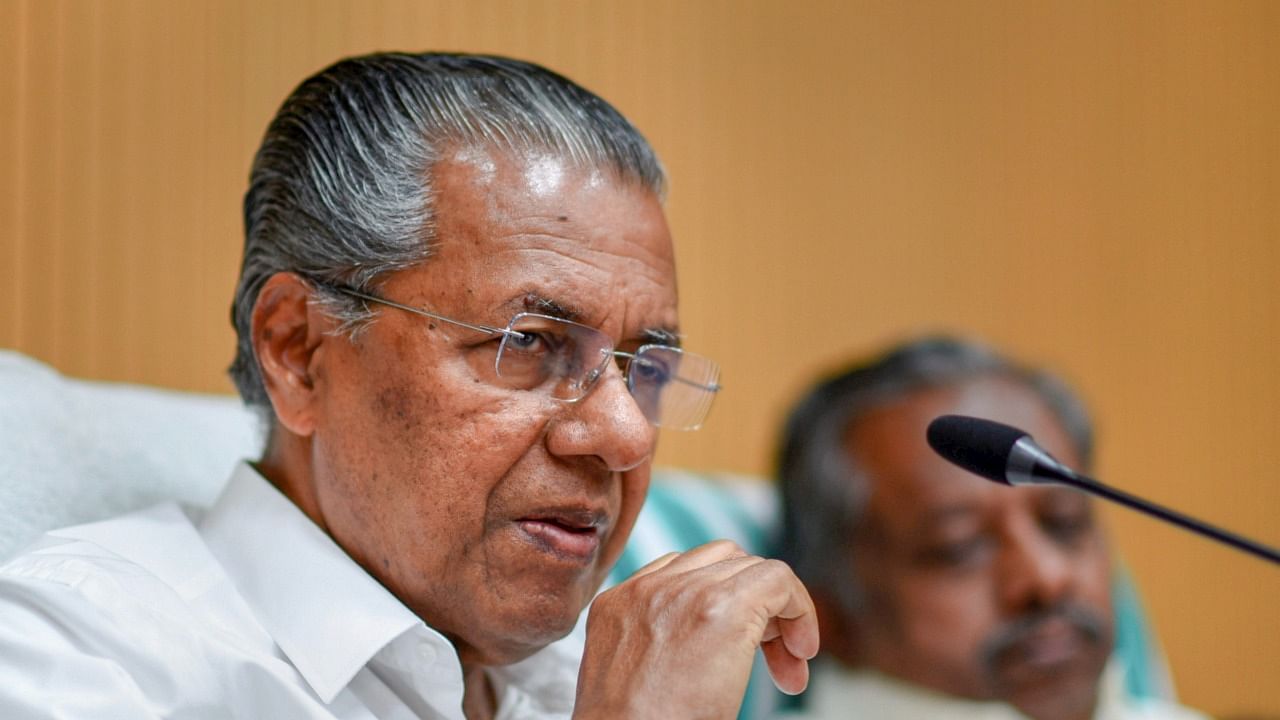
Kerala Chief Minister Pinarayi Vijayan on Wednesday hailed the recent Supreme Court verdict that begging could not be banned until poverty is eradicated and said his government aims to put an end to it in the state in the next five years.
No one turns to begging as they want it but poverty and hunger force them to do so, he said in a Facebook post.
The apex court verdict reflects a relevant humane perspective of a major socio-economic issue, the Chief Minister observed. Noting that poverty and begging, one of its outcomes, could not be eradicated by ban, he said such perspective should be changed and the society should have "sympathy and willingness to help" the poor people.
Read more: SC asks Centre, 4 states to respond on plea seeking repeal of provisions criminalising begging
A world without begging is possible only if hapless people are given support and made them free from poverty, he said adding that it is not an easy task to fulfill.
Vijayan said what the top court had demanded was that the matter should become the policy of the land and should implement it effectively.
"A first step in this direction is the new project launched by Kerala to eradicate extreme poverty. A survey, that is being conducted as part of it, will be completed within four months," the Chief Minister said.
After that micro-plans would be prepared under the aegis of local self government institutions and necessary steps would be taken to free families suffering from extreme poverty from their pathetic state, he said.
"Kerala's aim is to eradicate extreme poverty in the next five years. Let's all move forward together to achieve that goal in a better way," Vijayan added.
The Supreme Court on Tuesday made clear it would not take an "elitist view" that no beggars be allowed on the streets and asked the Centre and Delhi government to respond to a plea seeking vaccination and rehabilitation of beggars and vagabonds in view of the Covid-19 pandemic.
The apex court, which observed that a large number of people including children are compelled to be on the streets to beg due to absence of education and employment, said this is a "socio-economic issue".
The court told the counsel appearing for the petitioner that it would not consider one part of the prayer which sought a direction to the authorities to restrain beggars and vagabonds from begging on traffic junctions, markets and public places to avoid spread of Covid-19 pandemic in all the states and Union Territories (UTs) across India.